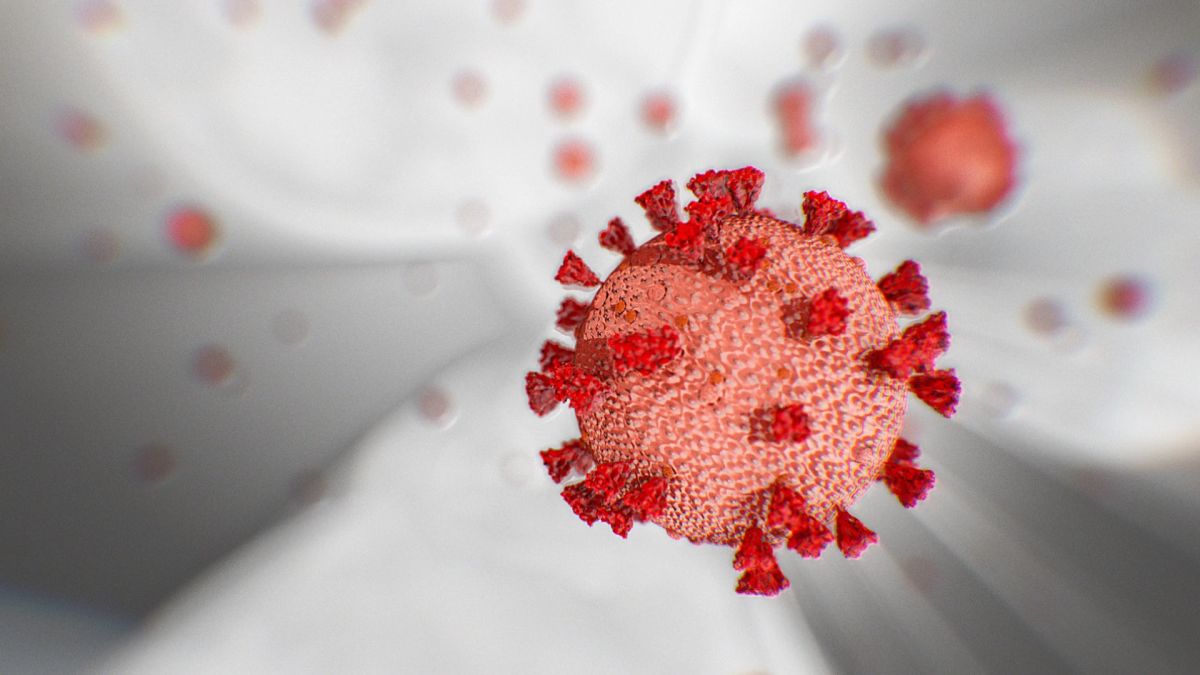
The year 2020 has been a year of rules none of us ever thought we’d have to follow in light of the coronavirus crisis.
Washing our hands, wearing a mask, keeping our distance are all important rules for helping to keep our community healthy and getting us closer to achieving a pandemic free society.
Not many of us are old enough to remember the last pandemic that broke out in 1918. The “Spanish flu” infected a third of the world’s population and left 20 to 50 million people dead.

At the time health officials released a number of rules to help stop the spread of this deadly strain of flu.
Now experts are comparing the rules issued over 100 years ago with the latest recommendations and have concluded that history has not taught us anything.

CDC guidelines for the coronavirus crisis include:
- Wash your hands often. This should be done with soap and water for at least twenty seconds. Always wash your hands after you’ve been in a public space, or after blowing your nose, coughing, or sneezing. Use hand sanitizer if you don’t have access to soap and water.
- Avoid close contact. Maintain at least six feet of distance between yourself and others.
- Wear a mask. Always wear a mask in public settings and around those who are not in your household. This is especially important when social distancing is difficult to maintain. The mask, however, is not a replacement for social distancing.
- Cover coughs and sneezes. Cover your mouth and nose with a tissue when coughing or sneezing. Throw away the tissue when you’re done, and wash your hands right away.
- Clean and disinfect commonly touched surfaces. This includes tables, doorknobs, light switches, counter tops, handles, desks, phones, keyboards, faucets, and sinks.
- Monitor your health daily. Look out for COVID-19 symptoms, and do not go out in public if you feel you are sick. If you notice symptoms, seek medical attention right away.

Looking at newspaper clippings from the time of the “Spanish flu” reveal that the rules for keeping people healthy during this outbreak were almost identical.
Rules included: Wear a mask; live a clean, healthy life, wash your hands before each meal, live in an abundance of fresh air, day and night, get plenty of sleep, respect the quarantine regulations, do not neglect your mask, avoid persons who sneeze or cough, do not cough or sneeze in the open, and keep your hands out of your mouth.

It seems health officials back then were pleading with people to do the right thing and help to stop the spread of the virus just as they are today.
Olga Jonas, senior fellow at the Harvard Global Health Institute, said one of the main themes touched upon in most books and papers on the 1918 flu pandemic is how “quickly it was forgotten.”
‘Prepare for the pandemic’
She added: “A lesson we should remember is that governments have the responsibility to prepare for a pandemic; they have the obligation to invest in public-health systems to protect their citizens from both the threat and the reality of the next pandemic.”
She added: “What we know from the 1918 flu pandemic is that the cities or governments that took early action in imposing quarantines, closing down schools, and banning mass gatherings had lower death rates than the places that did less or did it later.”
Do you think governments have learned much from the last pandemic? Feel free to leave your thoughts on our Facebook page and don’t forget to share this story to find out what others think.



